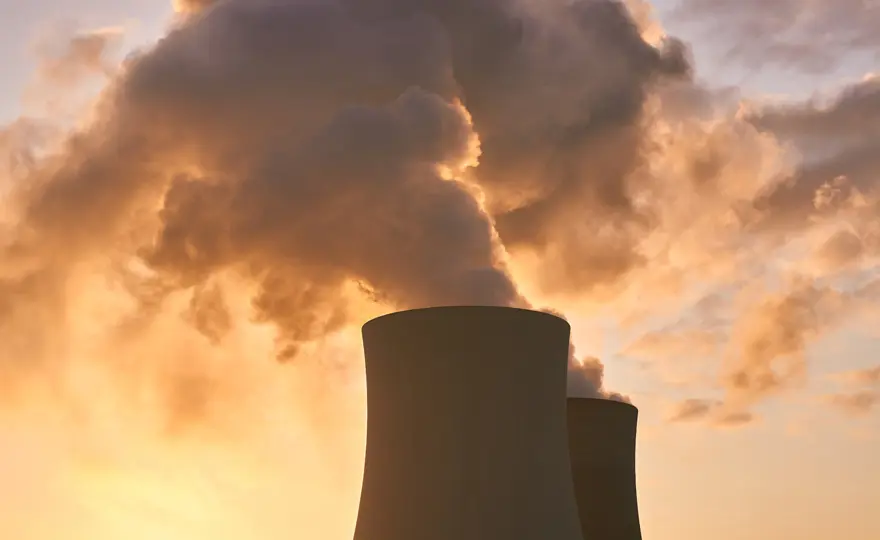ClientEarth Communications
16th April 2021


Major Japanese utility J-Power has scrapped plans to develop a new coal-fired power plant in a massive win for the climate.
The company announced on April 16th that it has cancelled the development of the projected plant in Ube City in the westernmost region of Honshu, citing both flat-lined electricity demand in the region and increased competition from renewable energy.
Campaigners had strongly contested the construction due to the damage the plant would have caused to the local environment and to the health of nearby residents, as well as concerns over its climate impact as Japan works to cut its emissions to net zero by 2050.
Asahi Yamashita, legal advisor to ClientEarth in Japan, said: “The cancellation of the Ube power plant is a major win for the climate and proves longstanding arguments that coal has already become a financially inviable asset.
“Japan has huge potential renewable energy resources, such as wind power, which could far exceed the total electricity consumption in the nation. The Ube development would have been catastrophic for Japan’s net zero commitment and is completely out of step with market developments that show the clear economic, environmental and business opportunities presented by the shift to clean energy.”
Three original investors – J-Power, Ube Industries and Osaka Gas – announced the Ube plant construction back in 2015. But Osaka Gas withdrew from the project in 2019, citing unfavourable business environment amid tightening regulations and intensifying competition.
Despite clear warning signals over the financial risk, J-Power and Ube Industries officially continued to develop the project – until today’s announcement – on either a scaled down capacity from the original 1.2GW to 600MW, or by switching to integrated gasification combined cycle (IGCC) plants, which is nominally less carbon intensive.
According to Kiko Network, an environmental NGO that campaigns against coal plants, the cancellation of the plant would avoid at least 3.6 million tons of CO2 emissions per year – 0.3% of Japan’s total greenhouse gas emissions on the basis of one 600 MW unit.
But Japan is still home to 150 coal-fired power plants, with 5GW under construction and two 650MW units in planning stages by Marubeni and Kanden Energy Solutions.
Despite global trends to phase out coal power, the Japanese government recently announced it would allow its fleet of coal-fired power plants to continue operating past 2030 if they meet efficiency targets.
Japanese public and private organisations are investing significantly in research and development on carbon capture storage (CCS) or recycling technologies as a means to reach Japan’s net zero emissions reduction target by mid-century.
However, ClientEarth lawyers have doubts over their effectiveness in decarbonising coal-fired power plants and warned against relying too heavily on such solutions that are yet to be proven at scale.
“The Ube decision from J-Power is a step forward, but we need to see a much more rapid shift to cleaner energy systems, rather than unrealistic reliance on carbon capture and storage technologies,” said Raphael Soffer, ClientEarth lawyer.
Kiko Network welcomed J-Power’s announcement, but urged coal power developers take the business risks of coal fired electricity generation seriously. It called on the Japanese government “to promptly cancel all plans and steadily phase out existing coal-fired power plants with a clear end year.”